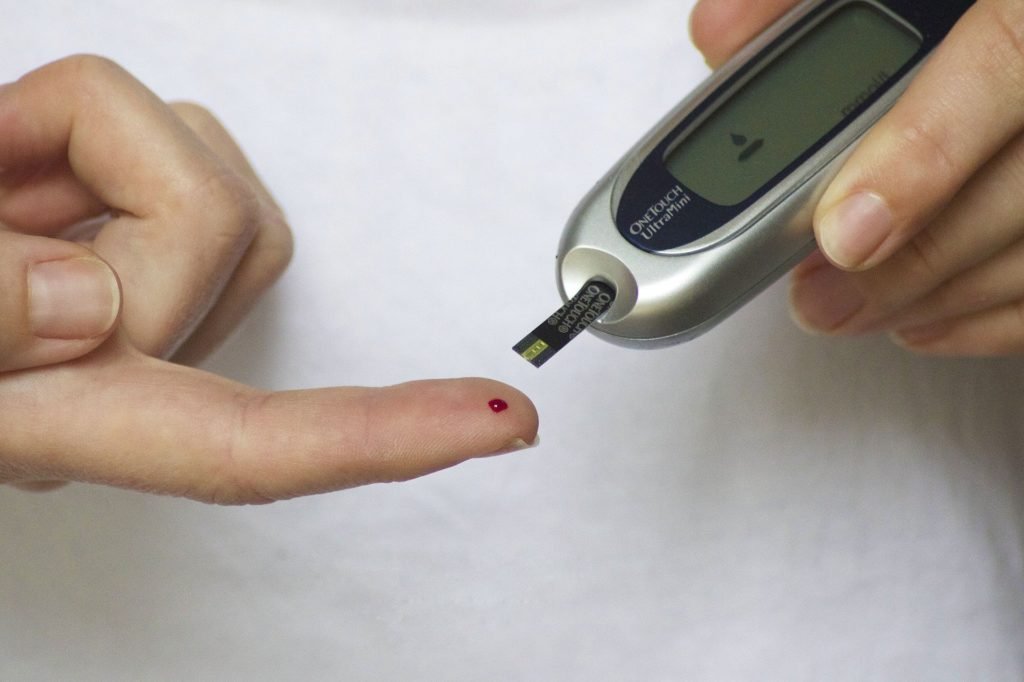Diabetes is a disease that impairs your body’s ability to process blood glucose. It is a common condition affecting about thirty-four million people in the United States. Insulin hormone moves sugars from your blood into your cells for storage or to be used for energy. When you have diabetes, your body either does not make enough insulin or cannot use the insulin it makes effectively. If you do not manage your Bastrop diabetes effectively, sugars can build up in your blood, increasing your chances of developing severe complications like heart disease and stroke. There are various types of diabetes, and they include:
Type 1 diabetes
Type 1 diabetes, also called juvenile diabetes, happens when your body does not produce insulin. Insulin is a hormone that breaks down sugar in your blood for use in your entire body. Type 1 diabetes can be diagnosed in childhood, and you need to administer insulin daily. Insulin administration is done through injections or an insulin pump.
Type 1 diabetes has no cure, but your doctor can help you manage your condition. Once you become diagnosed, you need to regularly monitor your blood sugar levels, administer insulin, and have a healthy lifestyle to manage the disease. If you control your condition successfully, you will avoid complications like nerve damage, heart disease, high blood pressure, eye disorders, and stroke.
Type 2 diabetes
Type 2 diabetes is the most common type of diabetes and is mainly associated with obesity. If you have this type of diabetes, you may not use insulin. Medication combined with a healthy diet and exercise can help manage type 2 diabetes in most cases. Anyone can get this form of diabetes. The risk factors for type 2 diabetes include overweight, family history, and age forty-five or older.
Gestational diabetes
Gestational diabetes develops when pregnant, and you become less sensitive to insulin. Studies show that about two to ten percent of all pregnant women get gestation diabetes each year. You are at a high risk of getting this type of diabetes if you are overweight in your pregnancy. About fifty percent of people with gestational diabetes later develop type 2 diabetes.
Gestational diabetes can increase your chances of developing high blood pressure during pregnancy. You can also experience premature birth, increased birth weight, increased chances of your baby developing type 2 diabetes in the future, and blood sugar problems in your newborn, which clears within a few days. Staying active, taking a healthy diet, and monitoring your blood sugar levels and the growth of your developing fetus can help manage gestational diabetes.
Prediabetes
Prediabetes happens when your blood sugar levels elevate but not enough to diagnose diabetes. If you live with prediabetes, you have a higher risk of developing type 2 diabetes, but you will not have full symptoms of diabetes. Being obese, having a family history of diabetes, having high blood pressure, having gestational diabetes, and living poor lifestyle habits are the risk factors for developing prediabetes.
Genes and environmental factors play a significant role in triggering diabetes. Treatment and management of diabetes depend on the type affecting you. Schedule an appointment at Pompeyo C Chavez, MD, for diabetes treatment to prevent dangerous complications.


